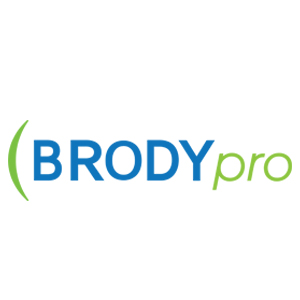Many blogs ago, I discussed words to eliminate from your business vocabulary. I focused on the word “try” and the expressions “I think” and “I might.” There are various other words, phrases, and attitudes that you might want to pay closer attention to…
Just like the word “try,” these words don’t portray you in the strongest light.
Let’s look at what I call “prefaces.”
- “I may be wrong, but …”
- “It’s just my opinion, but …”
- “I’m no expert, but …”
- “I’m not sure, but …”
What’s wrong with all of these phrases?
They negate your authority; they make you sound uncertain.
People use these types of qualifiers to cover their butt if they are wrong, to soften what they are saying, or to pre-empt controversy. These words may also be subconsciously conveying insecurities.
Consider these versions instead:
- “Given the facts currently available, I believe …”
- “In my opinion, …”
- “According to what I’ve learned, …”
- “I recommend …”
Can you hear or feel how much more confident these statements sound, compared to the first list?
Each phrase on the second list has an element of YOU sticking your neck out and confidently saying what you know, what you believe, and what you recommend.
This level of confidence (without arrogance) will build others’ respect and trust in you, and will actually make them more interested in what you’re saying.
Might you occasionally be wrong? Of course.
That’s why so many of us try to hedge with the phrase, “I might be wrong, but …”
You might feel a bit anxious the first time you let loose without your qualifiers, but you’ll soon realize that it’s freeing to simply say what you have to say. It is also a confidence builder.
How can you handle the situation if you make a recommendation and it turns out to be incorrect somewhere down the line?
How should you react, if at some point, you are called on the carpet for it?
Listen carefully, and if you were incorrect, simply acknowledge it. Now is the time to pull out your charm, humor, and grace.
By not becoming defensive or argumentative, you again build others’ respect for you.
Do you use qualifiers at work? Can you feel the difference between using these qualifiers and giving your opinion or recommendation straight out?
Have you ever been called on the carpet for offering a recommendation that didn’t turn out so well?
I’d love to hear your comments!
